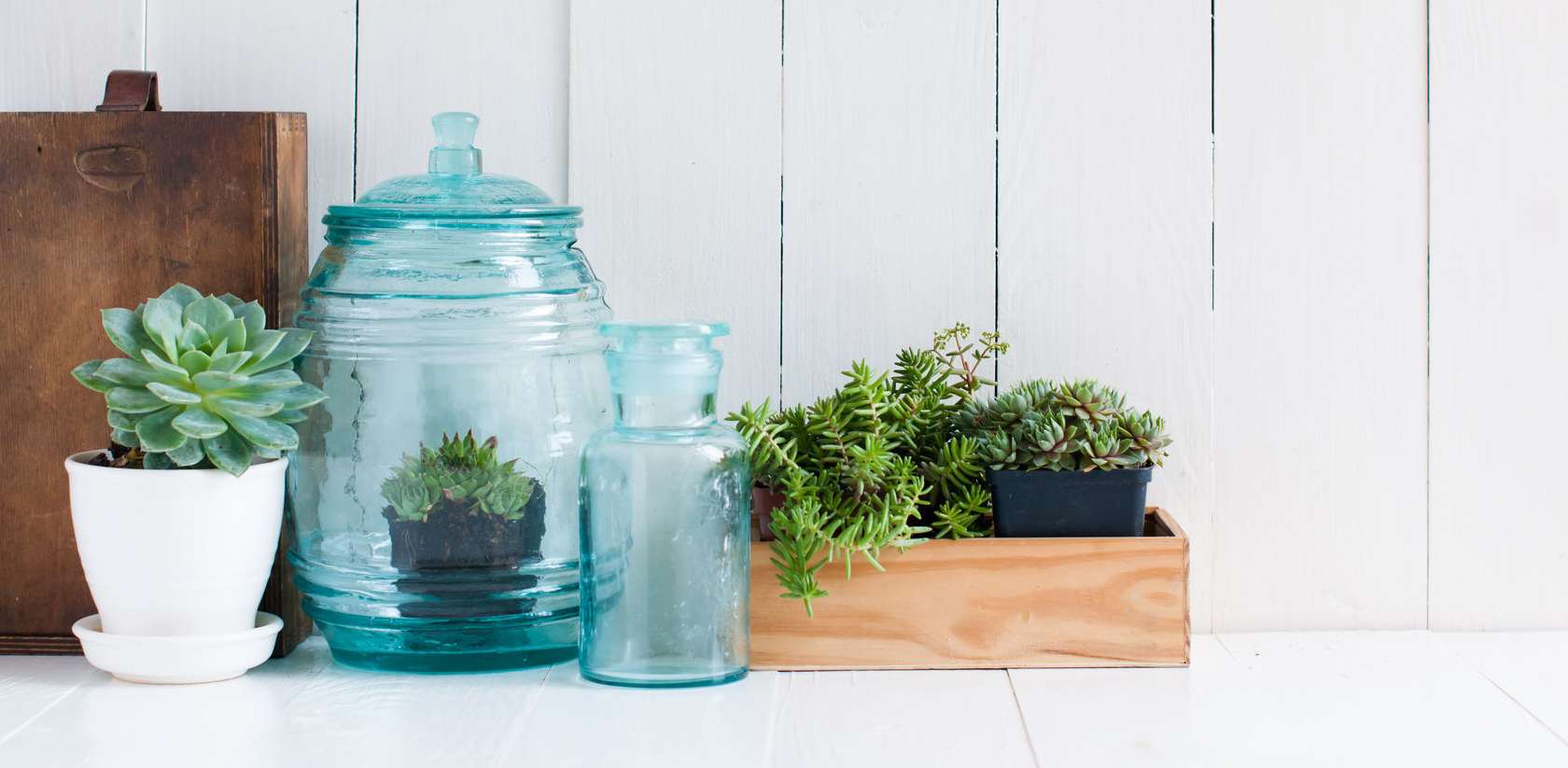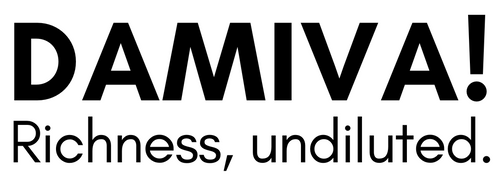Why Preservatives are Bad for Your Vagina

Treat your vagina to the best ingredients
Women have 6 times higher levels of parabens and triclosan (chemical preservatives) in our urine compared to men, as found recently in a study of 1,831 men and women aged 12 and over. This is likely due to the comparatively higher usage of personal care products by women compared to men.

Chemical preservatives have been shown in animal studies to disrupt hormone function and recently, these results have been confirmed in studies involving human tissue.
This Cedars Sinai study in human tissue is important because we cannot test the harmful effects of preservatives in human trials (this would be unethical) so we have had to extrapolate from studies completed in animals. What the human tissue study demonstrates is that 3 common chemicals found in our environment - whether in plastic, cookware products or food preservatives - contribute to disruption of our hormones and may lead to obesity and even possibly fetal defects.
The power of preservatives to disrupt hormones is especially important for the vaginal tissue. Our vaginal tract contains estrogen receptors, i.e. cells that bind estrogen. If we are applying chemical preservatives that disrupt our estrogen binding, we may be increasing the risk of vaginal dryness and other hormonal conditions.
The increasing evidence around harmful chemical preservatives - and particularly the unknown long-term effects - is the reason why we aim for 100% natural in our women’s health products. We believe that our lady parts deserve the best.


